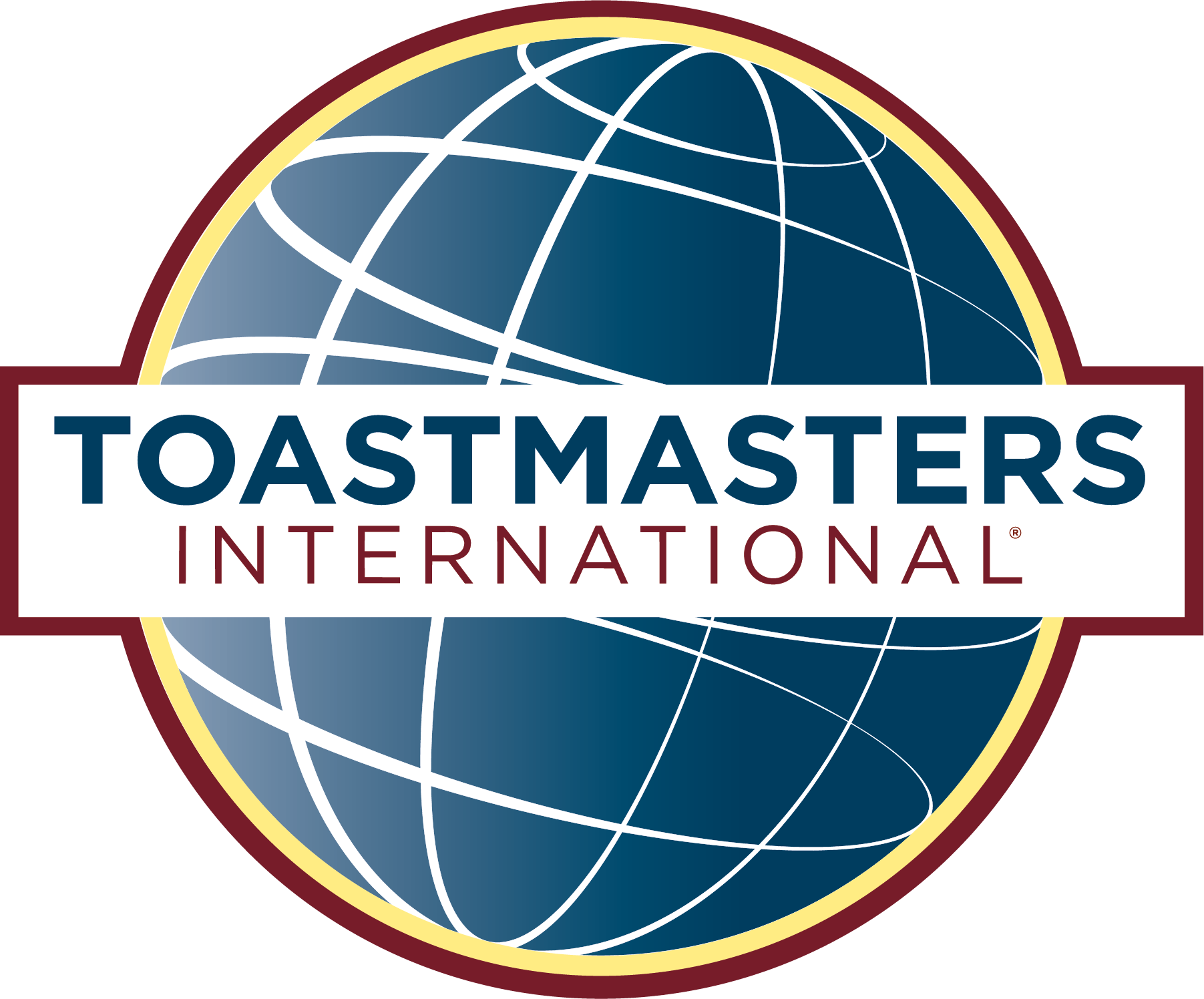Here is some information on the Toastmaster function that may help you with your assignment as Toastmaster; you probably need about an hour of prep time to do the following.
Before the Meeting
Contact the Table Topics Master and General Evaluator to make sure that they will be in attendance or are providing a substitute.
As the Toastmaster, you’ll introduce each speaker. If a speaker will not write his or her own introduction, you will write it. Introductions must be brief and carefully planned. Contact speakers several days before the meeting to ask about:
Speech topic and title
Manual and project title
Assignment objectives
Speaker’s personal objectives
Delivery time
A response to the meeting’s theme
You need all of these elements to create your introductions. Remember to keep the introductions between 30-60 seconds in length.
For more information about introductions see When You’re the Introducer (Item 1167E) and The Better Speaker Series module Creating an Introduction (Item 277).
In the event a speaker cannot make it; it is his/her responsibility to find a replacement and get back to you. There is an “on the spot speakers list which is part of the schedule for those who will fill in as speakers.
You may have to call and e-mail the speaker a few times. Start working on this part of your assignment by the weekend prior to the meeting over which you will preside.
You can keep track of those who have responded by using the printable agenda available on our website. Use a pencil because in most cases there will be last minute changes, look on the right hand side of the schedule page for Gilbert Etiquette. Under the five points shown, click on Toastmaster agenda.
It will be helpful to grab a seat close to the lectern.
There is also helpful information in your Competent Communication manual—pages 67 & 68.
During the Meeting
When you get to the meeting, huddle with the General Evaluator and the Topic Master to make changes to the lineup like a football coach does when adjusting for injuries. Check with the speakers to see if they want the lectern where it is, moved to a different position, or removed completely. There is a place at the top of the Toastmaster’s Agenda for this information. You will run the first half of the meeting and the General Evaluator the next portion.
.
Follow the agenda: The president will introduce you. Make a few comments about the meeting theme. However, you are the manager and it is your job to move the meeting along. To do so you need to limit your comments to allow as much time for others to speak.
The Topic Master should wrap up by about 7:30 PM, slightly later if there are less than 3 speakers.
After your comments, introduce the functionaries ending with the Topic master.
Follow the agenda! The agenda is tried and true and you will not get lost if you follow it.
For the prepared speeches portion, follow this format:
1. Read the speaker’s prepared introduction. If a speaker has forgotten his/her introduction, simply introduce the speaker with, “Please help me welcome, John Gignac !” LEAD THE APPLAUSE after you have introduced the speaker, shake his / her hand, and take your seat.
2. Ask the timer for one timed minute for the audience to fill out written evaluation forms. Remind the audience to remain quiet during this minute, if you see this is necessary.
When all speakers have completed their speeches ask for a timer’s report.
After the timer’s report, ask members to vote for the speaker “who has best met their objectives” and pass their votes to the Topicmaster for counting.
After the vote turn control of the meeting over to the General Evaluator and you are finished for the evening.
You can find other information in your Communications Manual and on our website under functionaries.
Have fun and if you have any further questions, contact your mentor, any of the officers, or any other seasoned member for clarification.
First time Toastmasters usually stumble on the following:
Not following the agenda
Not communicating in advance with speakers so we have three speakers.
Taking up to much meeting time with their comments (the guiding principle of any Toastmasters Club is to give everyone a chance to talk in some manner).
Not communicating with the GE and Topic Master for a few minutes before the meeting starts to be sure they all have the same players in place on the agenda.

